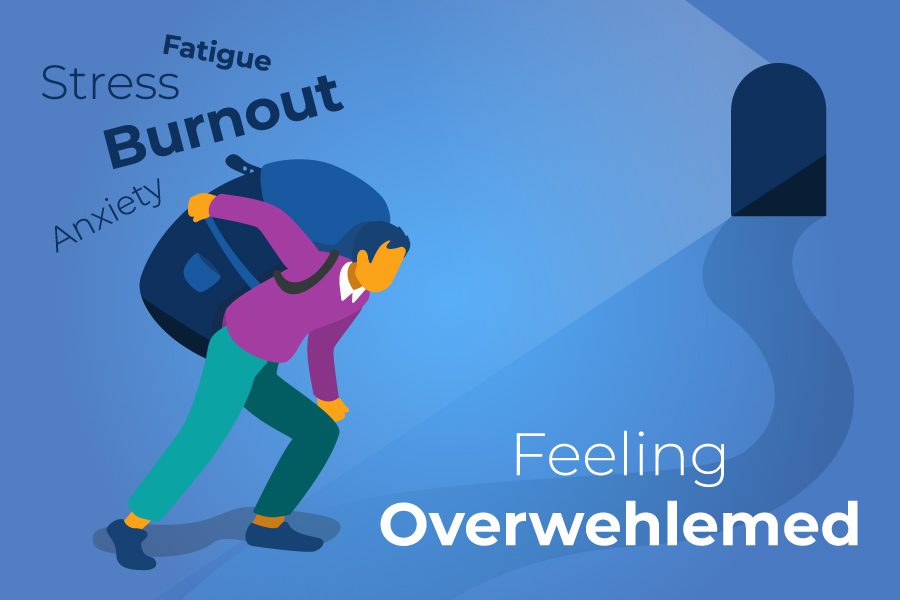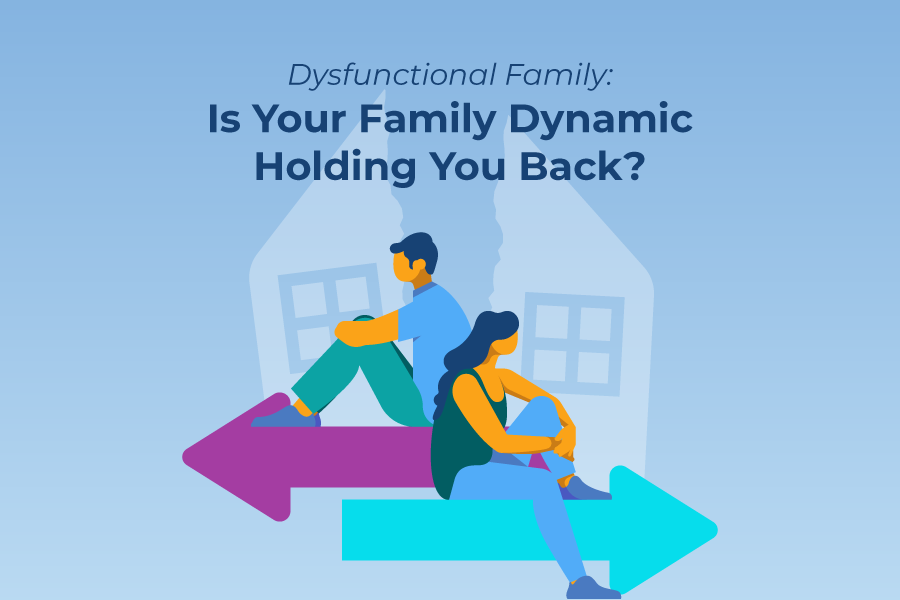What is Emotionally Focused Couples Therapy (EFT)?
Think about your partnership: Does one of you get angry when you don’t get a response from the other? Do you shut down when difficult feelings come up or when you’re on the receiving end of your partner’s frustration?
In emotionally focused couples therapy (EFT), your therapist decodes the underlying needs and fears that drive such negative interactions. Founded on the idea that emotional responsiveness is what allows people to feel secure in their relationships, EFT helps couples reconnect and, in so doing, reestablish a sense of emotional safety in the relationship.
How EFT Works
EFT is based on the belief that emotion and bonding are shared by all human beings everywhere. In its founder Sue Johnson’s words, “We understand that if we can help a couple create a safe emotional bond, then every time a huge stressor comes towards you, you can reach for each other and support each other.
Not only does that help you to deal with the stressor, but it cements your bond.”
After a therapist creates a trusting, safe relationship with both partners, they engage in the three-phase, nine-step model of EFT. The first phase focuses on assessing and de-escalating a couple’s particular pattern of conflict and is made up of the following four steps:
- Identify the conflict
- Identify the cycle in which conflict occurs
- Access unacknowledged emotions
- Reframe the cycle—instead of being victims of it, partners become allies against it
The second phase, called the “change events phase,” helps partners have healing emotional experiences. In this phase, partners:
- Identify the needs they have rejected in the past
- Grow their acceptance of each other
- Practice expressing what they want and need
Once they’ve resolved the attachment-related parts of their conflict, partners take part in the final phase, known as the “consolidation of change phase,” which has two steps:
- Helping partners collaboratively solve practical problems
- Integrating the lessons the couple has learned about maintaining a secure emotional bond beyond the therapeutic setting
When to Use EFT
Thirty years of research on EFT has shown that in addition to improving diverse couples’ relationships, it’s also been effective with couples who are addressing:
- Depression
- Anxiety
- Chronic illness management
- Trauma, including childhood abuse
- Stressful life events
EFT is not appropriate when ongoing abuse is taking place in a relationship.
EFT and Substance Abuse
Sometimes relationship stress contributes to substance abuse. When this is the case, EFT can be helpful for building a more secure attachment style and increased relational satisfaction, both of which can decrease the desire to self-soothe with substances.
Emotionally Focused Couples Therapy for Teens and Young Adults
Sandstone care is devoted to helping teens and young adults heal from relationship distress, substance abuse and mental illness.
We offer comprehensive treatment programs for co-occurring disorders and our team is ready seven days a week to help you with any questions you may have about EFT and other treatment options – call us at (888) 850-1890.






